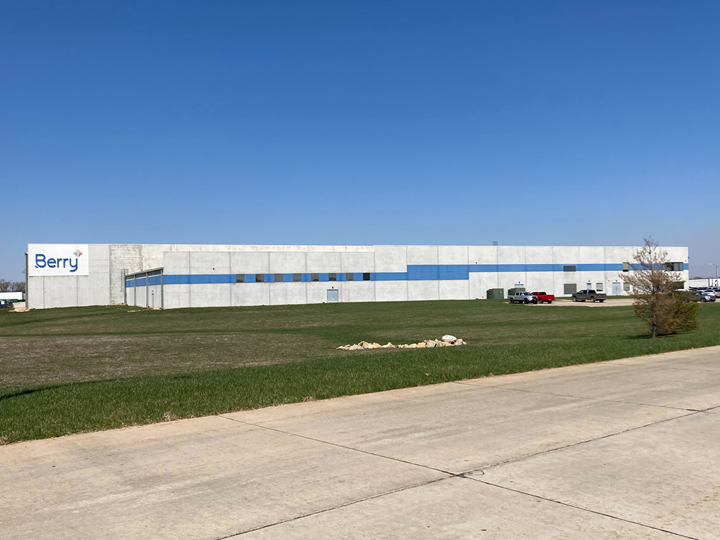Berry Global to Expand its North American PP Thermoforming Capabilities
Demand for high-quality PP continues as foodservice brands seek more sustainable packaging options.
Berry Global plans to expand its foodservice packaging manufacturing operations in North America as part of its long-term strategic growth commitments. This more than $110 million investment will expand its proprietary and industry-leading PP thermoforming capabilities to manufacture clear drink cups and lids for quick-service restaurants, coffee shops, convenience stores, and other foodservice markets. The clear design fills an increasing demand for a cup that showcases a premium brand image and beverage appeal and improves restaurant operation efficiencies while offering a more sustainable packaging option.
Expected to be operational in 2022, the North American expansion will add 200 new jobs at Berry facilities that will be announced soon. Berry’s expanded capacity will also support future production of clear cups and lids that incorporate post-consumer resin and recyclable materials, in which Berry continues to invest. Polypropylene is viewed as one of the most sustainable and environmentally responsible transparent substrates available in the market today; it offers lower greenhouse gas emissions and reduced energy and water usage in comparison to PET. Berry’s increased capacity will produce clear cups and clear lids made of PP, which can be recycled into new packaging or one of the many other PP end markets.

Polypropylene cups and containers are the third most curbside-recycled plastic by consumers, according to the 2019 U.S. Post-Consumer Plastic Recycling Data Dashboard. This initiative is in line with Berry’s efforts to improve PP curbside recycling. The company announced it has joined The Recycling Partnership’s Polypropylene Recycling to increase recycling access for PP. The coalition awarded $4.2 million in grants to thirteen recycling facilities to positively impact nearly fifteen million Americans, nearly 6% of the U.S. population.
Said Bill Norman, president of Berry Global Consumer Packaging North America, “Foodservice brands are moving to meet their own sustainability goals, and polypropylene provides one of the lowest impact substrate options to help them get there. With Berry’s long record of innovation in foodservice packaging and this expanded capacity, we will deliver on the need to bring greater circularity to the disposable beverage cup market.”
Related Content
-
Fundamentals of Polyethylene – Part 6: PE Performance
Don’t assume you know everything there is to know about PE because it’s been around so long. Here is yet another example of how the performance of PE is influenced by molecular weight and density.
-
Improving Twin-Screw Compounding of Reinforced Polyolefins
Compounders face a number of processing challenges when incorporating a high loading of low-bulk-density mineral filler into polyolefins. Here are some possible solutions.
-
Polyethylene Fundamentals – Part 4: Failed HDPE Case Study
Injection molders of small fuel tanks learned the hard way that a very small difference in density — 0.6% — could make a large difference in PE stress-crack resistance.













